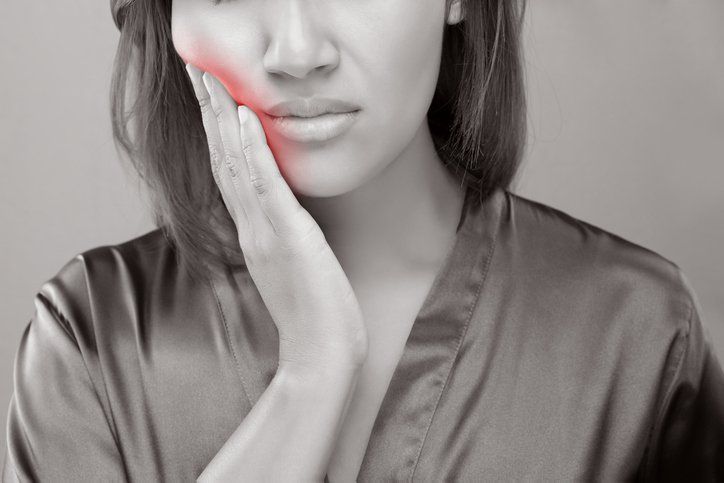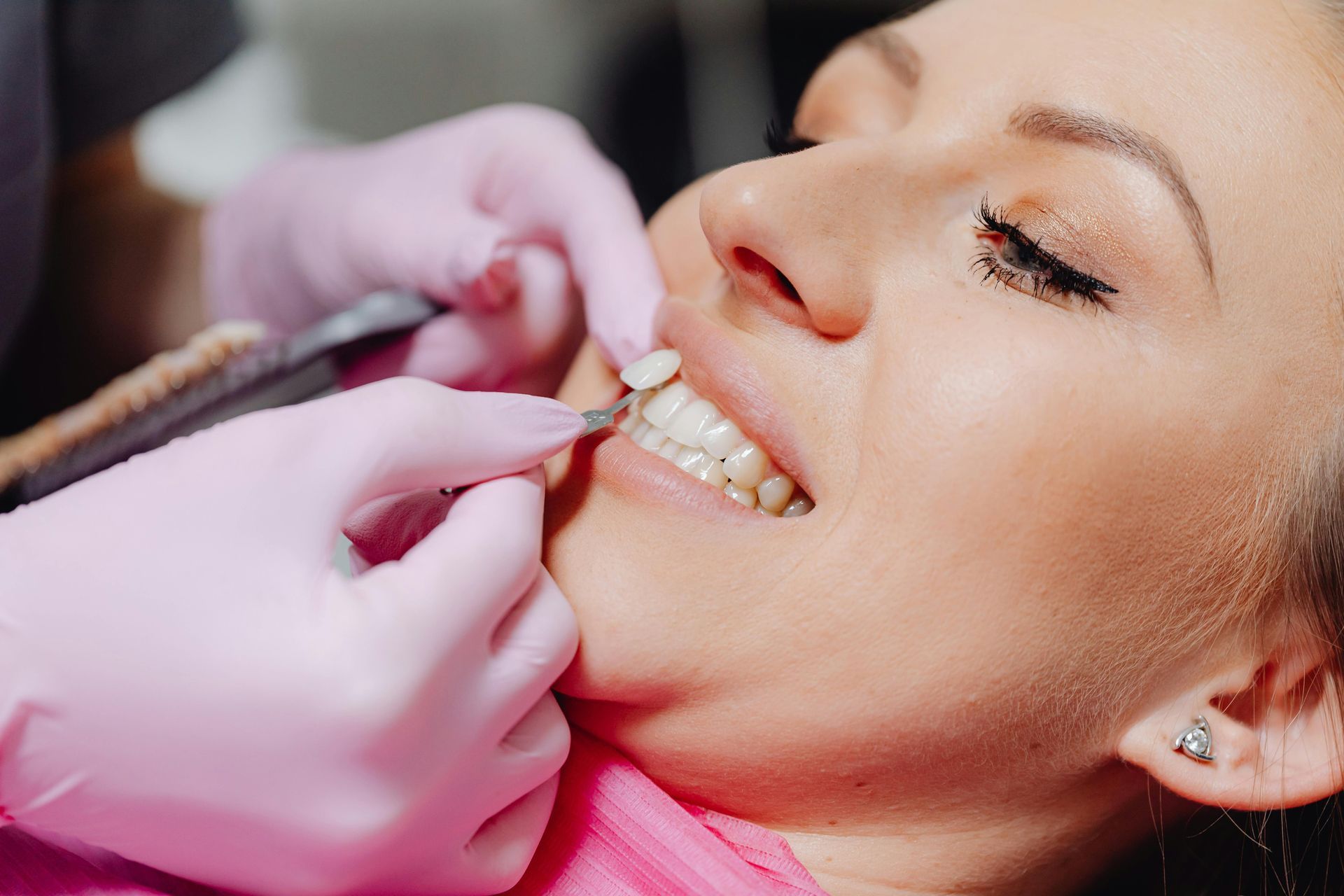What Is Causing Your TMJ?
Know Some of the Main Causes of TMJ

TMJ, or temporomandibular joint disorder, is a jaw issue that affects several people. The pain usually occurs in the neck and facial area and typically causes ear pain and headaches. Different difficulties occur, such as trouble opening the jaw, problems biting and chewing, and/or a clicking sound that comes from the jaw when biting. If you think you may be developing TMJ, consider these possible causes of the disorder.
Physical Injury
When experiencing an injury, such as a broken or dislocated jaw, it can result in inflammation and pain to the temporomandibular joint. Usually this is a sharp and severe pain that will resolve after a few weeks or months. Although, if your jaw does not heal properly, injury can potentially cause chronic TMJ.
Arthritis
Arthritis is joint pain caused from a breakdown of the joint itself, typically from aging and overuse. While it is common to get arthritis in knees, hands, and spine, sometimes people will develop arthritis in the temporomandibular joint as well. This type of arthritis will usually start with gradual pain in the joint. It is important to get treatment early on if your TMJ is caused by arthritis.
Teeth Grinding
It is very common that people grind their teeth in their sleep. The reason why this is a major cause of TMJ, is because it is difficult to prevent, as usually it is not done consciously or on purpose. Teeth grinding can cause wearing down of teeth and misalignment, causing more stress on the jaw.
Teeth Clenching
Like teeth grinding, teeth clenching requires strenuous use of jaw muscles. This can occur during stress or sleeping, without even knowing it. Over time, this can cause excessive wear and tear on the disc that protects the temporomandibular joint.
Autoimmune Diseases
When the body’s immune system malfunctions and begins to attack its own tissue, it creates an autoimmune disease. These diseases often affect joints and connective tissue, resulting in TMJ disorder. There are many cases that the effects can be so severe where the joints cannot be moved. There are several therapies that can reduce autoimmune activity that will help treat the resulting chronic disorders like TMJ.






